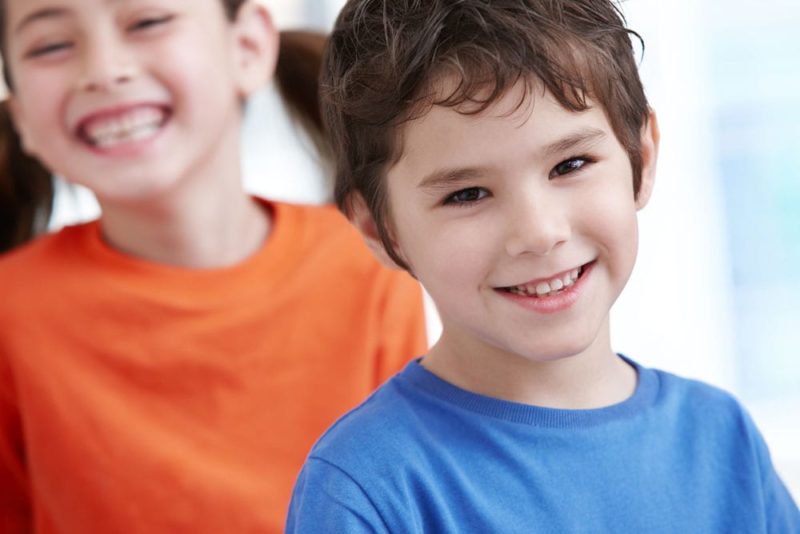Social awareness and interaction is an increasingly common area we, as Occupational Therapists, are helping children with. And it’s not just for children on the autism spectrum or with a diagnosed condition — whether a child is finding it hard to make friends or doesn’t know how to respond in a socially-appropriate way, kids of all stages — and their families — are benefiting from working on their social skills.
In fact, it’s why we’ve recently introduced our Social Skills and Self-Regulation holiday groups. They use Michelle Garcia Winner’s widely-acclaimed Social Thinking curriculum to help children aged 4-11 more effectively interact with others and better adapt to different social settings.
So, the obvious question is: could your child benefit from some extra help too?
What do we mean by ‘Social Thinking’ and why is it so important?
‘Social Thinking’ refers to our ability to think, problem solve, and respond so we can be successful in situations that require social knowledge. It’s a skill that we begin to develop foundational language and thinking skills as toddlers and requires us to consider our own and others’ perspectives.
Social skills are foundational for us as humans in order to be able to effectively engage and function as active members of society. They’re essential to the key areas of children’s lives (family/home, friends, school/preschool) and without them, a child can become increasingly isolated as they grow up.
Why does my child struggle socially?
For many people, Social Thinking develops naturally and is intuitive. However, for a significant number of children, this development is anything but natural. Children with social learning challenges may, therefore, find it difficult to think about what others are thinking and then respond using appropriate social skills in the moment. They may also have trouble recognising their own feelings, and how to deal with them, in addition to how it affects the people around them.
These kids often need to specifically learn and practice Social Thinking in order to develop their social skills.
How do my child’s social skill challenges relate to feelings, emotions and self-regulation?
If a child finds it hard to identify and appropriately express their own feelings and emotions, it’s then difficult for them to regulate their behaviour (i.e. respond in an appropriate way to a situation). What’s more, they will likely struggle to read or empathise with other people’s feelings and emotions, which is a key skill needed for effective social interaction.
Could my child need help with their social skills?
Answer these questions for your child to see if they need support with their social skills:
- Do they find it hard to make friends?
- Are they awkward or do they typically withdraw in social settings?
- Do they often miss or misunderstand other’s body language? (e.g. not knowing when someone is angry, or bored, or not being able to tell when someone else is upset)
- Do they often behave or respond in socially inappropriate ways? (e.g. ignoring or not engaging with others)
- Do they struggle to see other’s perspectives? (e.g. not understanding why something would upset someone else)
- Do they find it hard to work or play in a group?
- Do they struggle with change and find it hard to be flexible with their thinking?
- Do they typically have a meltdown, rather than being able to identify and express their feelings and emotions?
If you answered ‘yes’ to one or more of the above, your child could benefit from working on their social skills with one of our Occupational Therapists and coming along to our Social Skills holiday group.
To see how we can help, you can email or call us. And to enrol your child in our Social Skills holiday groups, you can find out more and register online.


